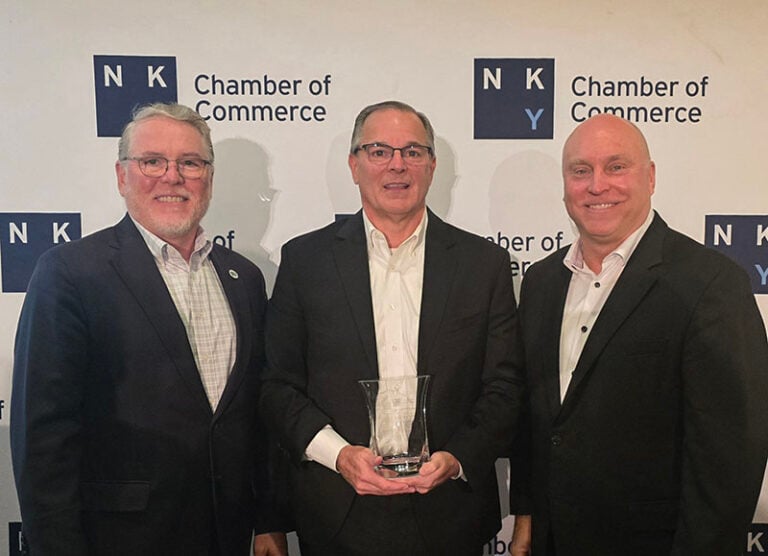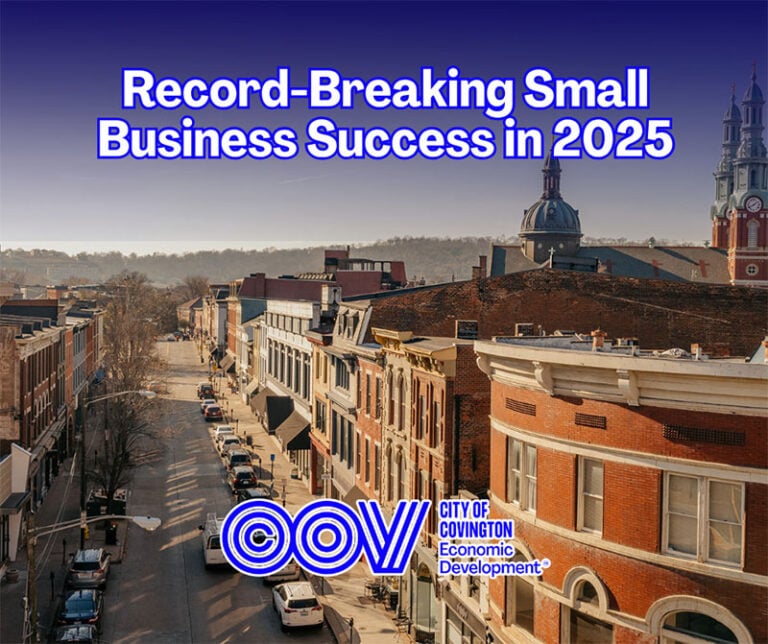Is it time for a major overhaul of our tax and benefit systems in this country? We have not had a major overhaul since the 1930s, when President Franklin D. Roosevelt and his administration made major changes in both as they sought to rescue the country from the failings of Wall Street and the misery of the Great Depression. They rewrote tax laws, created Social Security, and provided blueprints for a system to rescue the middle class and the poor from the inhumanity of laissez faire capitalists.
In order to bail the country out of depression, create jobs, improve the country’s infrastructure, and pay for a costly war, taxes were made to rise sharply as persons moved up the ladder of the progressive income tax system.
Since that time, although a few benefits such as medicare have been added, the rich and powerful have been able to chip away at these programs, cutting taxes at the top drastically, creating tax loopholes, and weakening protective laws while filling up their own pockets with back-door benefits from programs intended to help those in need. They have been called the real welfare queens.
As the economy improved, some of the tax cuts were justified, but under Reagan and Bush II the cuts were too sharp. And the ability of companies to tap into the benefits programs such as medicare should be eliminated, but the system is riddled with laws allowing such actions.
As a consequence of this and the expense of two wars—at least one of them unjustified—the country is going deeper into debt.
Now, using this as an excuse for eliminating more benefits and in order to give more tax breaks to large corporations, the unabashed hirelings of these greedy parasites, such as Scott Walker, are moving in for the kill, proposing to move benefits programs mainly affecting the poor and middle classes to “private enterprise” (translation: making even greater profits at taxpayers’ expense).
There is no question that the programs need revision. When we take a close look at the “allowables”—the amount private providers are allowed to charge the government for the bandages, pills, and other products they provide to these programs —things are a real mess. For some items there is no limit on prices. With Congressional approval, there is no negotiation on the price of many items and they can set them at 10 to 20 times what they charge the general public. Not exactly a case of “market forces” holding prices within reason.
So, yes many programs cost too much. But before we render them almost useless by turning them over to the predators, why not just bar the fox from the henhouse? Make the profiteers charge the government the same as it does other customers, maybe adding on a small percentage for the extra paperwork involved.
Yes, a modern economy needs its corporations to be strong. But not “too big to fail.” And not ones who have conferred upon them all the rights of citizens, nor the right to contribute obscene amounts of money to candidates who will do their bidding.
Unregulated capitalism is not the savior of the country as those promoting it claim. Just look back at the Great Depression. Or the more recent Great Recession. When regulated, it can add a helpful dash of motivation into the economic system. But it doesn’t build the roads and bridges without funding from the government. It doesn’t keep the population healthy and productive. It doesn’t provide an army, or police, or provide privately funded schools for all. These don’t make big profits.
They call things from government that benefit those of us in the middle classes “socialism.” This is a farce. Without taxpayer support we could not have a civilized country, but would be a land of serfs and masters. Even capitalism could not survive without government help.
It is time for us to face reality and make some major changes, but this will not happen until we join forces and elect people on our side for a change.
Lewis Donohew retired from the University of Kentucky College of Communications in 1999 after nearly 35 years of service and having earned a national reputation as a communications scholar and researcher. Now down on his farm growing grapes and living close to the earth, he contemplates issues of the day from a lifetime of experience and a love of the land.






















